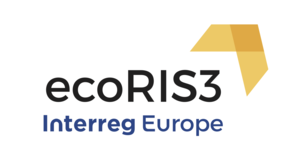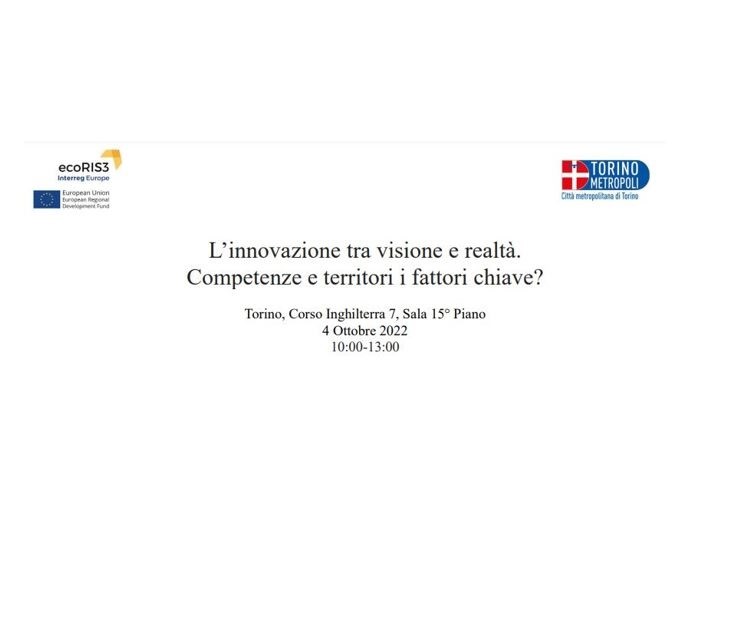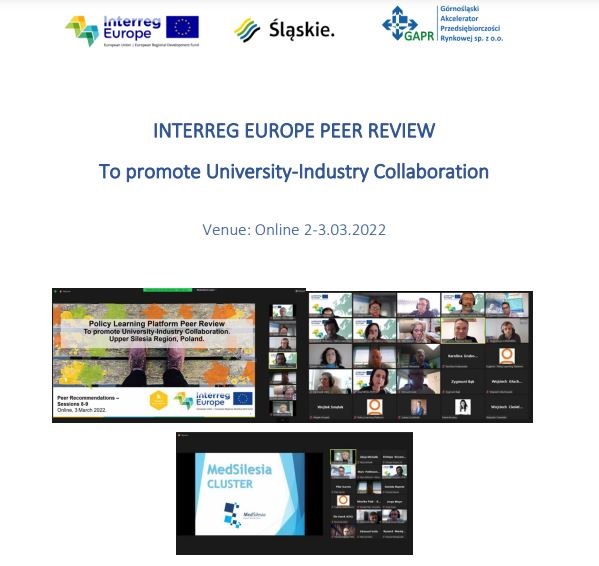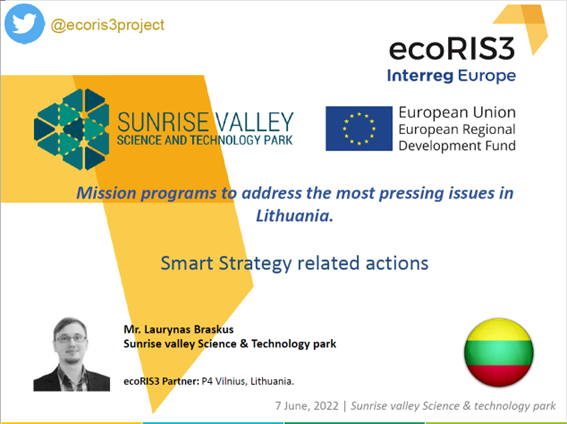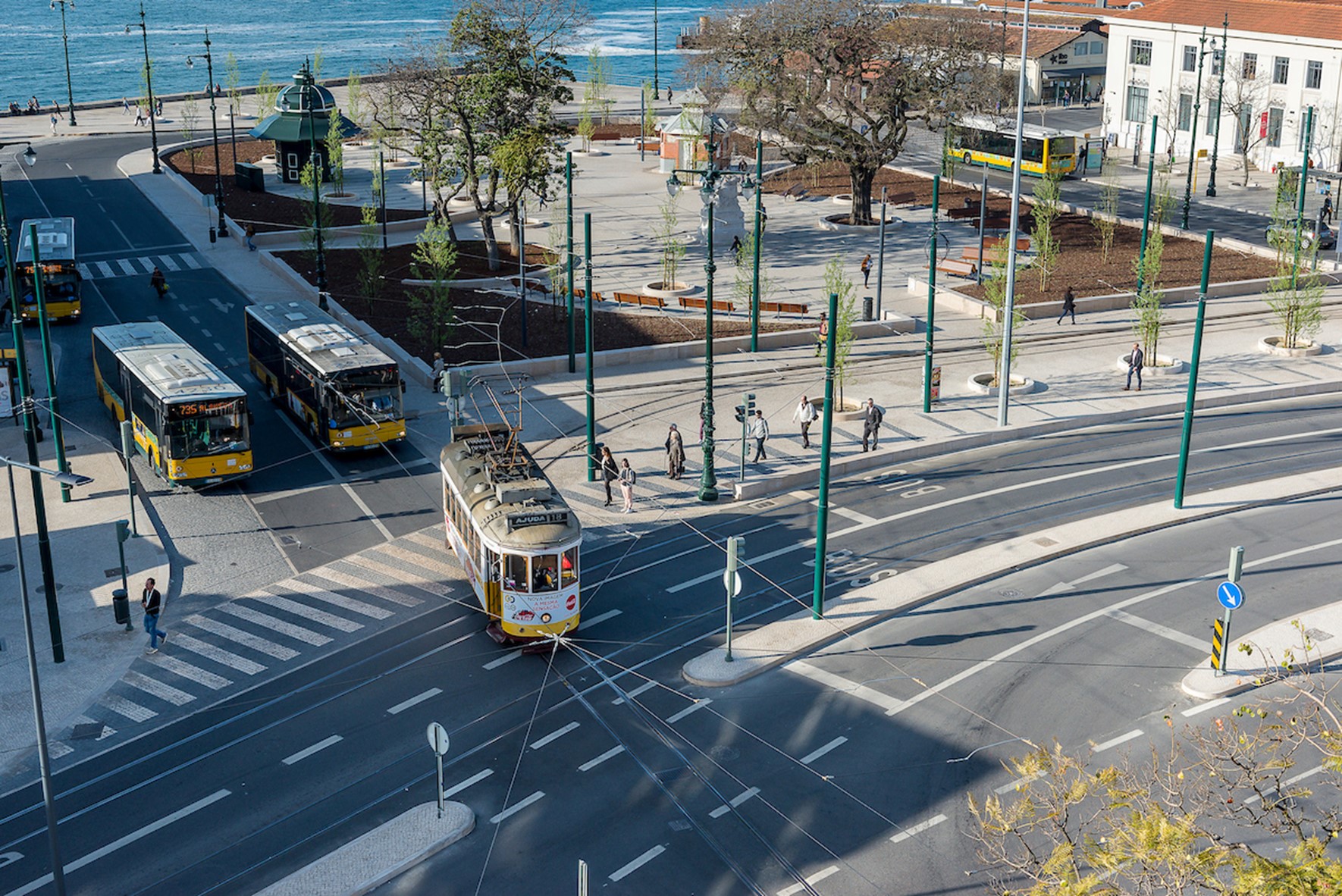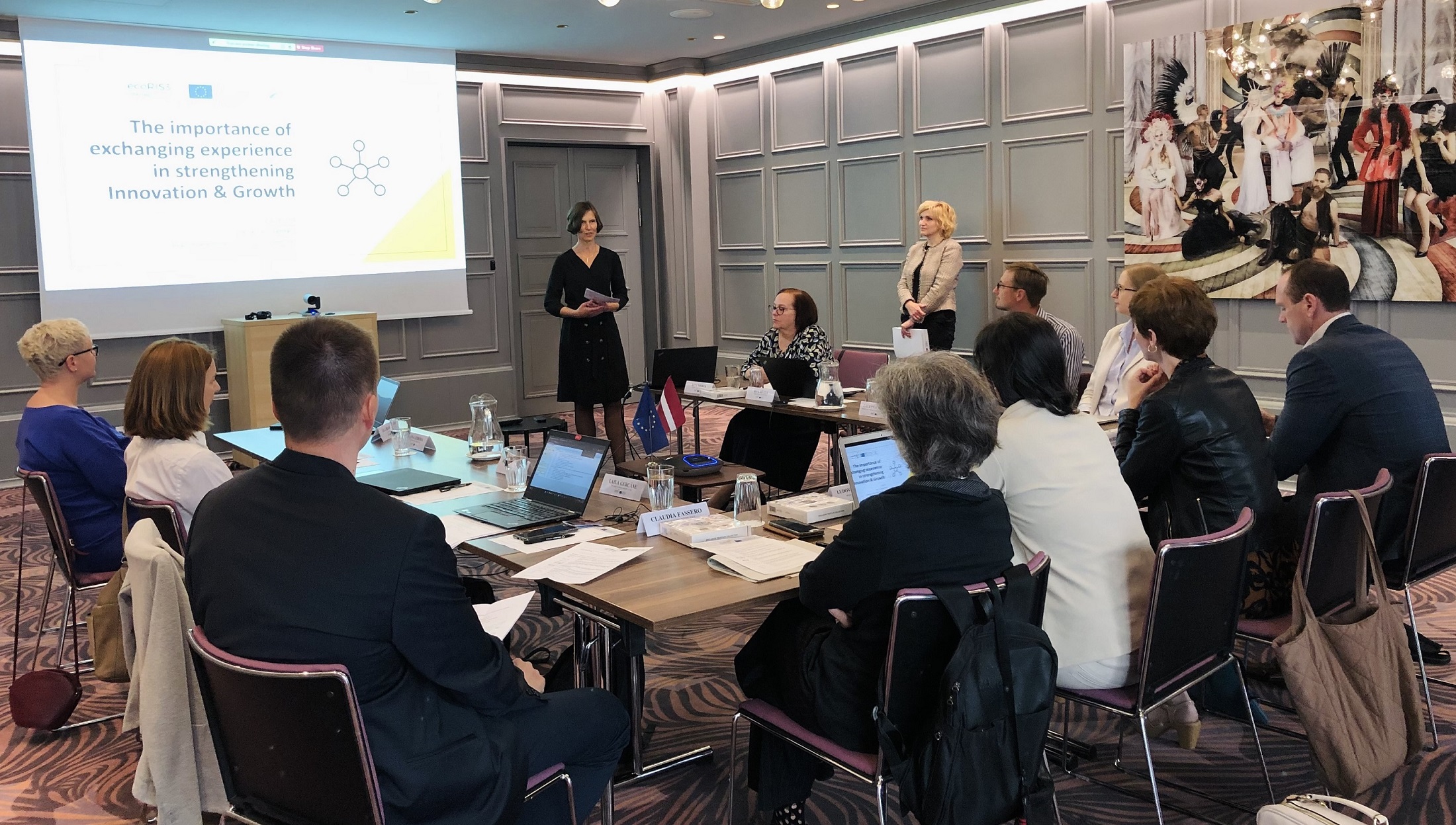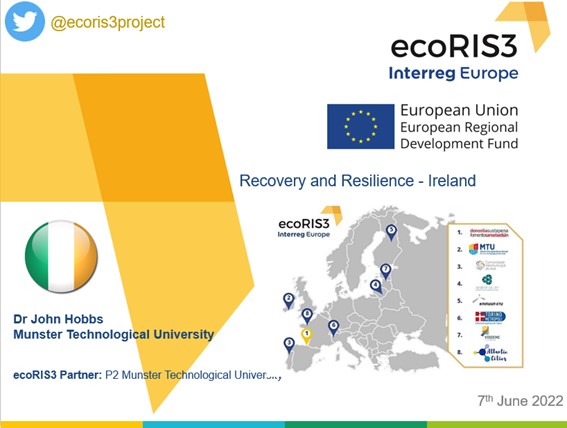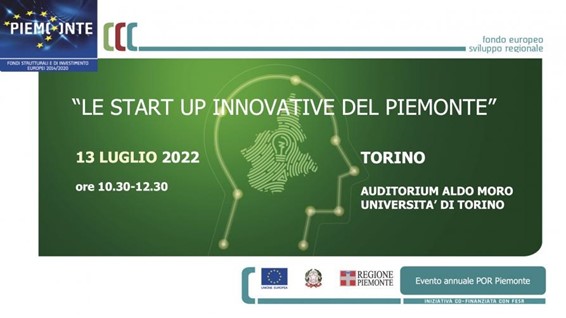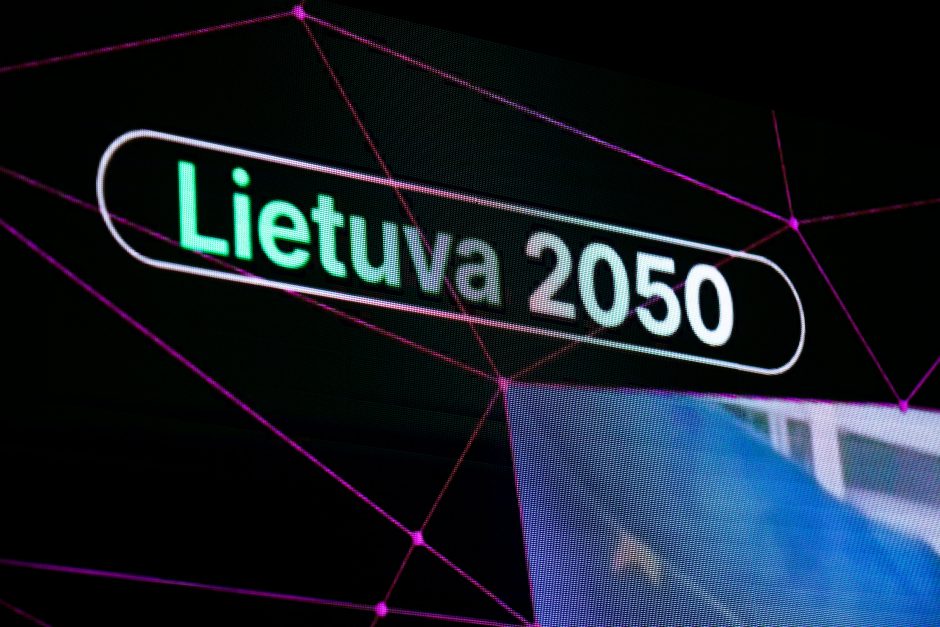In 2017, Researcher’s night managed to supervise 300 simultaneous events across Europe and in neighbouring countries.
This project, launched in 2005, aims to bring researchers closer to the general public and to increase awareness of research and innovation activities, with a view to supporting the public recognition of researchers, creating an understanding of the impact of researchers' work on citizen’s daily life, and encouraging young people to embark on scientific careers.
The Marie Skłodowska Curie Actions (MSCA) awarded €6.16 billion in the period to 2020, support research training and career development focused on innovation skills.
The MSCA also funds the European Researchers' Night (NIGHT), public events involving researchers which take place every year across Europe on the fourth Friday of September.

Image: The Universe of Energy: includes scientific workshops, quizzes and games
All MSCA have a bottom-up approach meaning that specific activities conducted during the event, as well as the topic they relate to, are freely chosen by the applicants which makes the project a participatory instrument to engage stakeholders.
Dedicated to popular science and fun learning, the European Researchers' Nights, have been organised for 12 years. Some of the past events received national prizes. In 2015, the event celebrated its 10th anniversary. About 1.1 million citizens and 18,000 researchers took part in the scientific events organised within Europe and neighbouring countries.
The events showcase what researchers really do for society in interactive and engaging ways, promoting research careers to young people and their parents. It also promises more breakthroughs, discoveries and world-firsts by taking great ideas from the lab to the market. It is done thanks to events which highlights the importance of research and intend to encourage the youngest to follow a scientific path.
Citizen participation and European transcendence are at heart of every event. Plus, Academic organisations or companies (including SMEs) may be coordinator or beneficiary of the project. Benefits are therefore in favour of the key actors of the quadruple helix (Public sector, Civil Society, RTO & High Education, SMEs & Industry).
This project offers an innovative tool to create a genuine single market for knowledge, research and innovation. This is a real leverage for the future economy, society and progress in all fields of research. It permits to generate solid interactions among key stakeholders of the project, fills in the gaps between RTOs and stakeholders. Moreover, given its success, funding opportunities and so the perpetuation of the project are to be expected.

Image: The 2018-2019 European Researchers' Night call for proposals has been launched.
